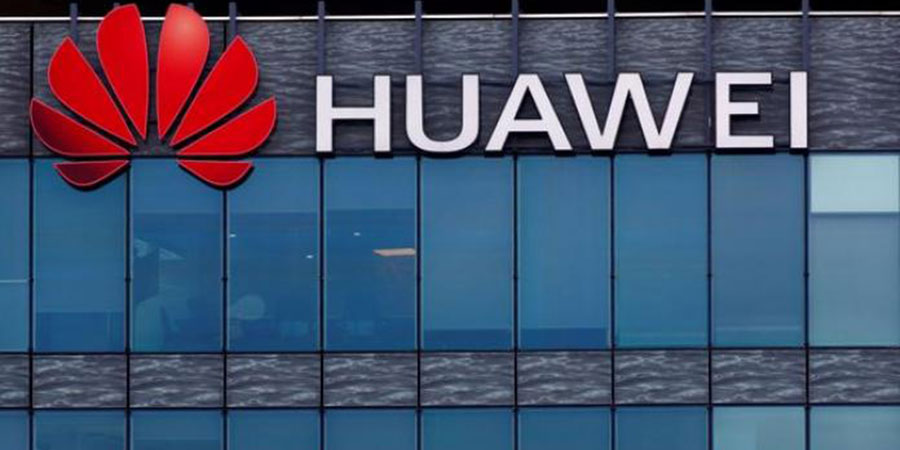Huawei Technologies Co. has announced that it plans to stop the production of its Kirin chipsets next month due to the consequences brought about by U.S pressures.
The simmering standoff between the US government and Chinese tech giant Huawei has been gradually escalating over the past year.
The US previously imposed a trade ban on Huawei which prevented them from working with US-based suppliers that were essential to the production of their flagship Kirin chipsets and who were also necessary to the production of their smartphones in general.
The trade war between the two economic powerhouses, the US and China, has been intensifying and it has been widely speculated that their relations are currently at their worst in decades.
Richard Yu, CEO of Huawei’s Consumer Business Unit, announced that “from Sept. 15 onward, our flagship Kirin processors cannot be produced. Our AI-powered chips also cannot be processed. This is a huge loss for us.”
“Huawei began exploring the chip sector over 10 years ago, starting from hugely lagging behind, to slightly lagging behind, to catching up, and then to a leader. We invested massive resources for R&D, and went through a difficult process,” Yu added.
Indeed, Huawei’s HiSilicon division depended on US companies to provide them with software to move forward with designing its chips. Some of these companies included Synopsys Inc and Cadence Design Systems Inc; they are yet to provide a comment on the situation.
HiSilicon produces Kirin processors, among others, which essentially power Huawei smartphones and have, in fact, been deemed to be the only Chinese processors that could compete with Qualcomm in terms of quality.





